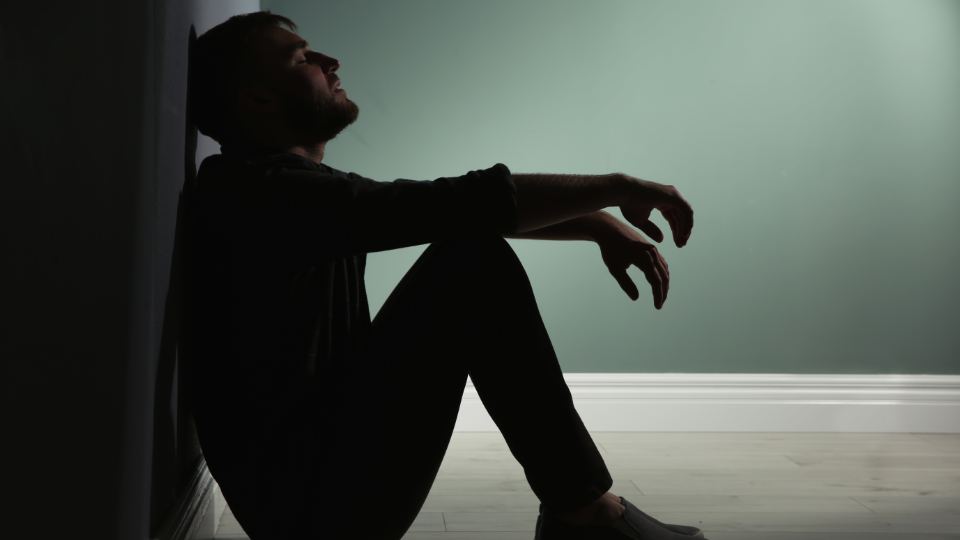We have added Doe v. SUNY Geneseo to our Accused Students Database. It is noteworthy for two reasons:
- The case settled in less than two weeks (eight days, to be precise)
- It features a school that initiates an investigation under its Title IX policy, but then shifts to a non-Title IX policy just before the hearing
Doe’s attorneys on the docket were Julie Nociolo (who graduated from SUNY Geneseo in 2009) and David Iversen at E. Stewart Jones Hacker Murphy LLP. Below is the summary that we entered into our database.
Case Summary
John Doe was a student in his last days of his final semester in his senior year and was scheduled to graduate in sixteen days. On 5/11/2023, he received a letter from the Title IX Coordinator notifying him that he had been accused of a sexual assault that occurred eight months prior. His accuser was Jane Doe, a female student.
Doe maintained that the incident, which occurred in an off-campus bedroom at the men’s rugby house, was consensual.
Assistant Dean of Students Nathaniel Pietropaolo told the parties that the hearing would be held under the school’s non-Title IX policy since the incident occurred off-campus. The hearing took three days (1/25, 1/30, and 2/1). Doe’s advisor was not permitted to cross-examine the witness or accuser. Plaintiff was found responsible. The sanction was a one-semester suspension and a transcript notation.
Doe appealed on the following grounds:
- Procedural errors: the school using a non-Title IX policy and adjudicating a matter that was time-barred by the student code of conduct (which gives 6 months to file a complaint)
- New evidence: an affidavit from a witness who communicated with the accuser; the communication apparently confirmed the sex was consensual
The appellate board affirmed, so Doe sued. The case settled in less than two weeks.
Thank You for Reading
If you like what you have read, feel free to sign up for our newsletter here:
About the Author
Related Posts
We have added Doe v. SUNY Geneseo to our Accused Students Database. It is noteworthy for two reasons:
- The case settled in less than two weeks (eight days, to be precise)
- It features a school that initiates an investigation under its Title IX policy, but then shifts to a non-Title IX policy just before the hearing
Doe’s attorneys on the docket were Julie Nociolo (who graduated from SUNY Geneseo in 2009) and David Iversen at E. Stewart Jones Hacker Murphy LLP. Below is the summary that we entered into our database.
Case Summary
John Doe was a student in his last days of his final semester in his senior year and was scheduled to graduate in sixteen days. On 5/11/2023, he received a letter from the Title IX Coordinator notifying him that he had been accused of a sexual assault that occurred eight months prior. His accuser was Jane Doe, a female student.
Doe maintained that the incident, which occurred in an off-campus bedroom at the men’s rugby house, was consensual.
Assistant Dean of Students Nathaniel Pietropaolo told the parties that the hearing would be held under the school’s non-Title IX policy since the incident occurred off-campus. The hearing took three days (1/25, 1/30, and 2/1). Doe’s advisor was not permitted to cross-examine the witness or accuser. Plaintiff was found responsible. The sanction was a one-semester suspension and a transcript notation.
Doe appealed on the following grounds:
- Procedural errors: the school using a non-Title IX policy and adjudicating a matter that was time-barred by the student code of conduct (which gives 6 months to file a complaint)
- New evidence: an affidavit from a witness who communicated with the accuser; the communication apparently confirmed the sex was consensual
The appellate board affirmed, so Doe sued. The case settled in less than two weeks.
Thank You for Reading
If you like what you have read, feel free to sign up for our newsletter here:
About the Author
Related Posts
More from Title IX for All
Accused Students Database
Research due process and similar lawsuits by students accused of Title IX violations (sexual assault, harassment, dating violence, stalking, etc.) in higher education.
OCR Resolutions Database
Research resolved Title IX investigations of K-12 and postsecondary institutions by the Department of Education’s Office for Civil Rights (OCR).
Attorneys Directory
A basic directory for looking up Title IX attorneys, most of whom have represented parties in litigation by accused students.






